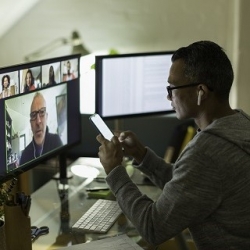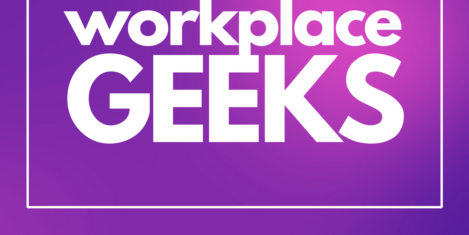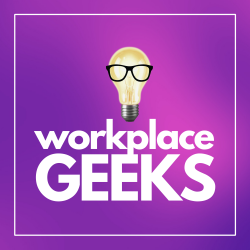To provide the best experiences, we use technologies like cookies to store and/or access device information. Consenting to these technologies will allow us to process data such as browsing behaviour or unique IDs on this site. Not consenting or withdrawing consent, may adversely affect certain features and functions.
The technical storage or access is strictly necessary for the legitimate purpose of enabling the use of a specific service explicitly requested by the subscriber or user, or for the sole purpose of carrying out the transmission of a communication over an electronic communications network.
The technical storage or access is necessary for the legitimate purpose of storing preferences that are not requested by the subscriber or user.
The technical storage or access that is used exclusively for statistical purposes.
The technical storage or access that is used exclusively for anonymous statistical purposes. Without a subpoena, voluntary compliance on the part of your Internet Service Provider, or additional records from a third party, information stored or retrieved for this purpose alone cannot usually be used to identify you.
The technical storage or access is required to create user profiles to send advertising, or to track the user on a website or across several websites for similar marketing purposes.
 A new poll from SD Worx claims that while 72 percent of British workers think working from home offers a better chance of improving their work-life balance, they have concerns about wellbeing and working culture. Based on data from over 4,000 companies in the UK and across Europe, the findings suggestthat the appetite for working from home (WFH) in the UK (72 percent) is creeping ahead of mainland Europe (66 percent). (more…)
A new poll from SD Worx claims that while 72 percent of British workers think working from home offers a better chance of improving their work-life balance, they have concerns about wellbeing and working culture. Based on data from over 4,000 companies in the UK and across Europe, the findings suggestthat the appetite for working from home (WFH) in the UK (72 percent) is creeping ahead of mainland Europe (66 percent). (more…)


















 In the latest episode of Workplace Geeks, Chris and Ian interview serial entrepreneur and purpose-driven pirate Sam Conniff, to explore his new project Uncertainty Experts. Described by Sam as an ‘interactive learning documentary’, their discussions explore the motivations behind his latest venture (with collaborators Katherine Templar Lewis, Dr Avri Bilovich and Dr Vivienne Ming), its inventive design, and Sam’s commitment to academically evaluate its impact.
In the latest episode of Workplace Geeks, Chris and Ian interview serial entrepreneur and purpose-driven pirate Sam Conniff, to explore his new project Uncertainty Experts. Described by Sam as an ‘interactive learning documentary’, their discussions explore the motivations behind his latest venture (with collaborators Katherine Templar Lewis, Dr Avri Bilovich and Dr Vivienne Ming), its inventive design, and Sam’s commitment to academically evaluate its impact. 
 Employees with full autonomy to choose where they work are happier in their job, yet only one in five are currently able to do so. And though 60 percent of all employees prefer hybrid working, only 39 percent are able to flexibly split their time between the home and office. This is according to Jabra’s 2022 edition of the
Employees with full autonomy to choose where they work are happier in their job, yet only one in five are currently able to do so. And though 60 percent of all employees prefer hybrid working, only 39 percent are able to flexibly split their time between the home and office. This is according to Jabra’s 2022 edition of the 









September 22, 2022
Getting working culture right is essential to hiring, supporting and retaining workers
by Richard Guy • Comment, Flexible working, Wellbeing, Workplace design